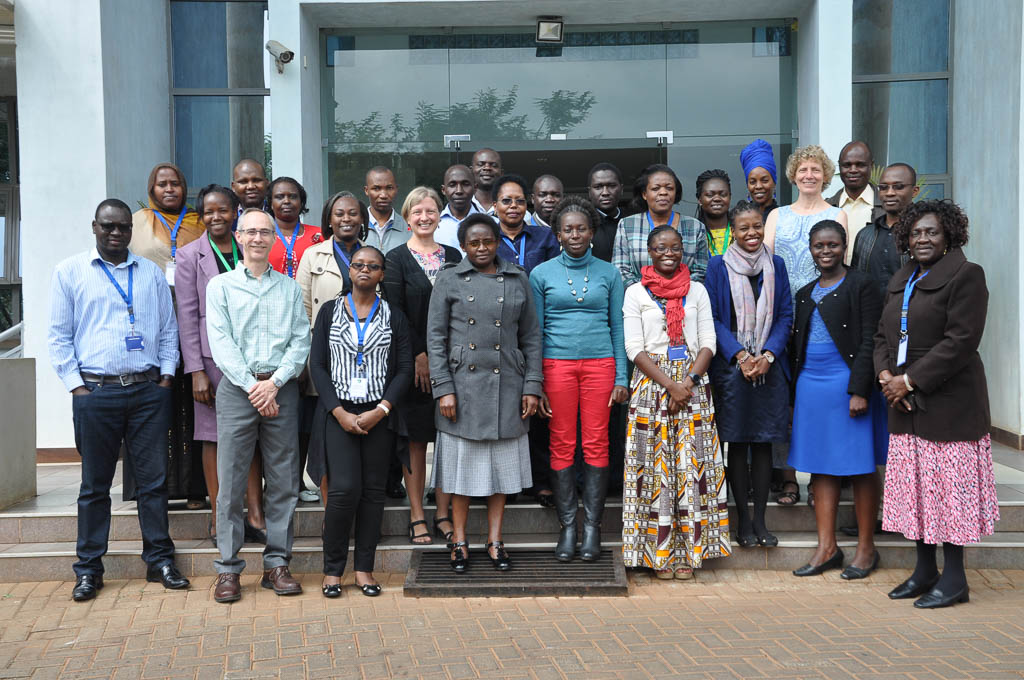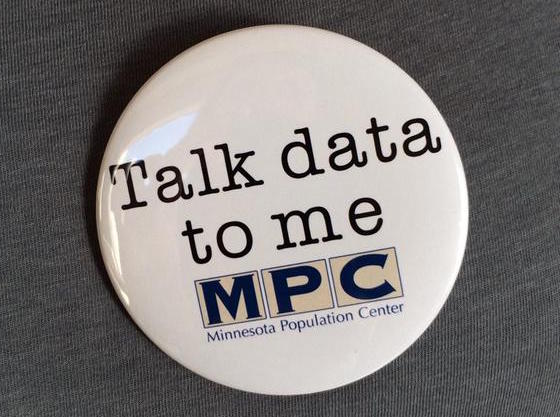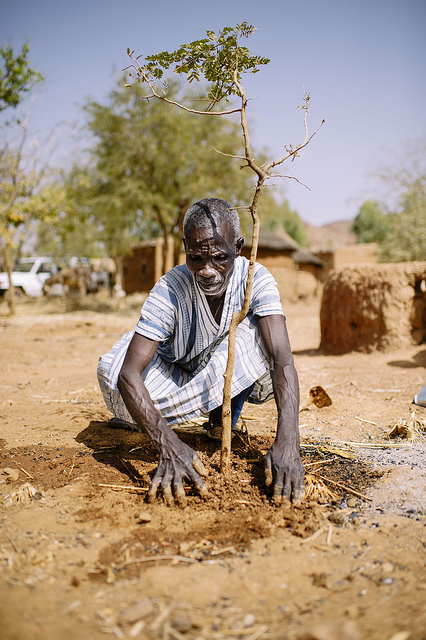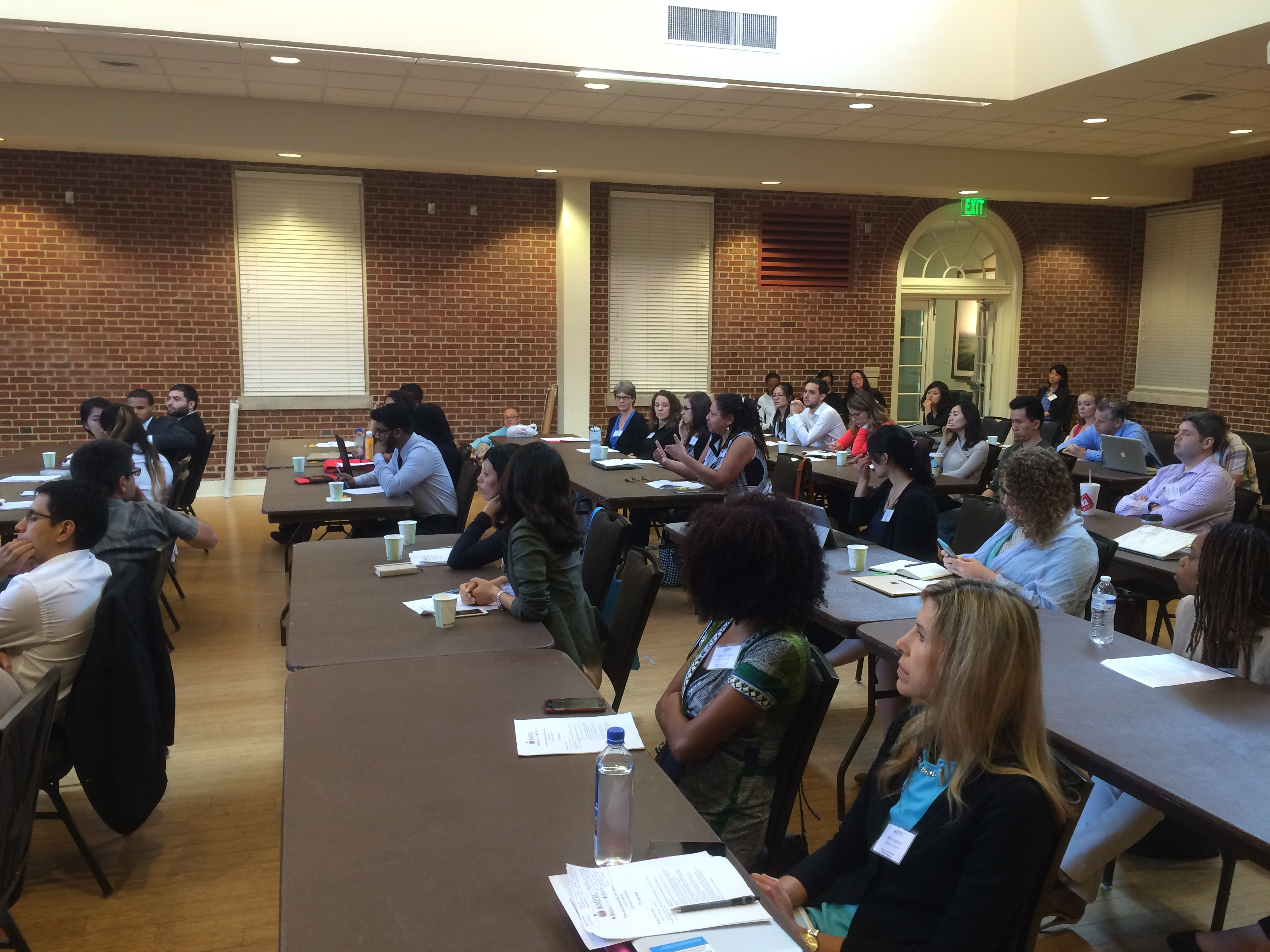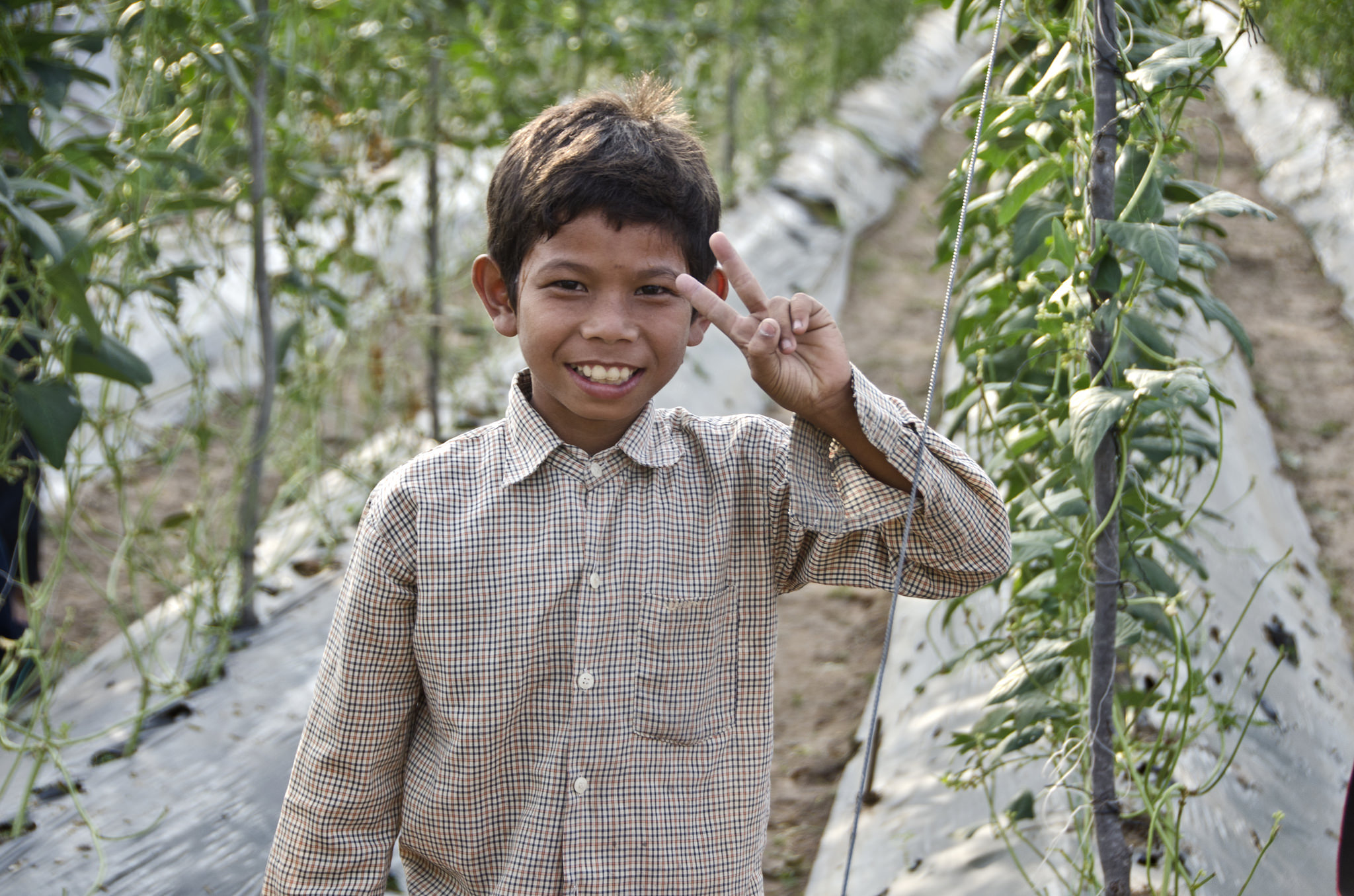
TerraPop recently launched TerraScope, a map-based portal for exploring the data in the TerraPop collection. The TerraPop collection includes census data from over 160 countries around the world, as well as environmental data describing land cover, land use, and climate. With such a broad range of data available, selecting a study area for which data are available to study a particular question or, conversely, determining the types of research questions that can be studied within an area of interest can be challenging.

